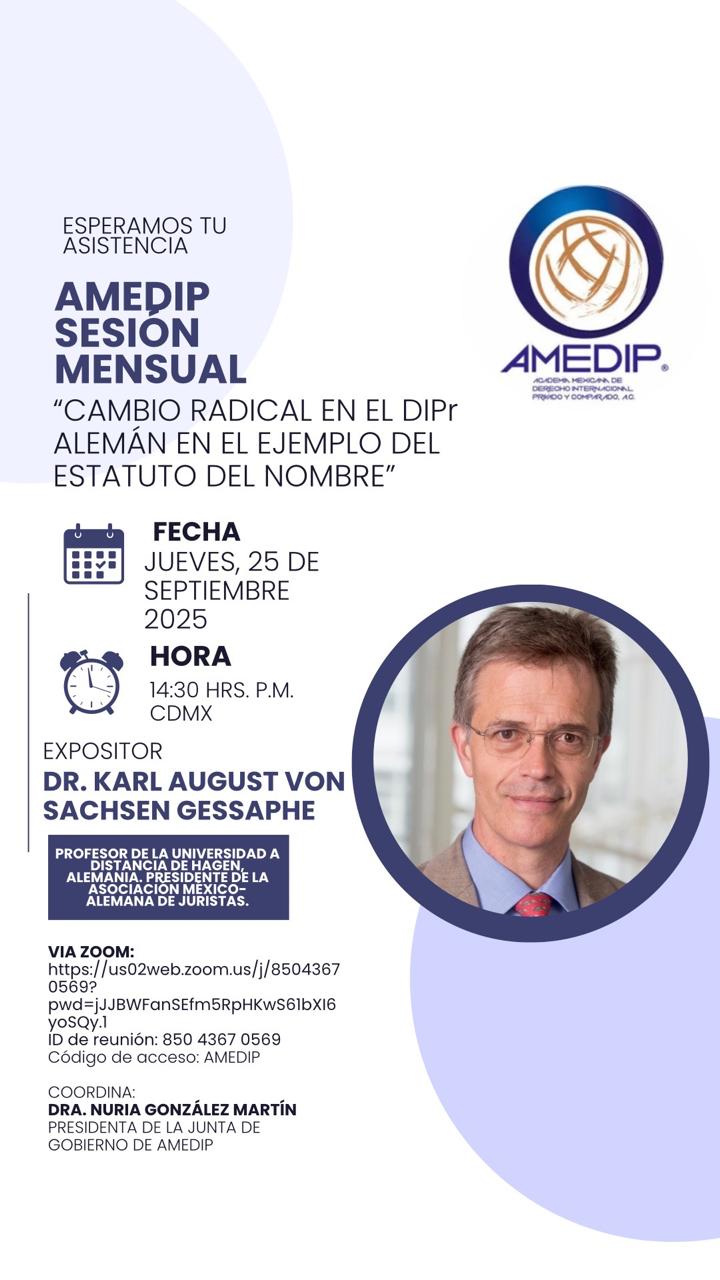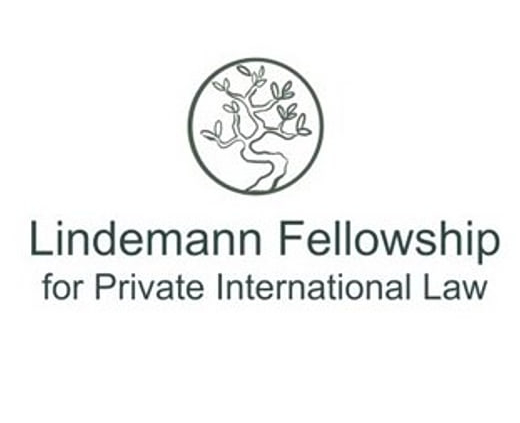Views
Personal Jurisdiction, Consent, and the Law of Agency
I have long argued – in articles, blog posts, and amicus briefs – that it violates due process to invoke a forum selection clause to obtain personal jurisdiction over a defendant who was not a party to the agreement in which the clause appears. This position has not yet achieved universal acceptance. The state courts in New York, in particular, have repeatedly held that forum selection clauses can be used to assert personal jurisdiction over non-party defendants who are “closely related” to the parties or the transaction. In this blog post, I use a recent case—Bandari v. QED Connect Inc.—decided by Magistrate Judge Gary Stein (SDNY) to highlight some of the problems with the “closely related” test. Read more
Can a Seat Court Injunct a Foreign Non-Party to an Arbitration? Singapore High Court clarifies in Alphard Maritime v Samson Maritime (2025) SGHC 154
This guest post is posted on behalf of Kamakshi Puri, Senior Associate at Cyril Amarchand Mangaldas, Delhi, India, and dual-qualified lawyer (India and England and Wales).
The Singapore High Court recently clarified the scope of the court’s jurisdiction over foreign non-parties to the arbitration. In an application to set aside two interim injunctions, in Alphard Maritime Ltd. v Samson Maritime Ltd. & Ors. (2025) SGHC 154,[1] the court held that the the seat per se did not confer jurisdiction against non-parties to an arbitration, and that jurisdiction would first have to be established through regular service-out procedures before the seat court could grant an injunction against a non-party.
AI in Arbitration: Will the EU AI Act Stand in the Way of Enforcement?
This guest post was written by Ezzatollah Pabakhsh, Master’s Student at the University of Antwerp
The European Union has taken an unprecedented step by regulating artificial intelligence (AI) through the EU AI Act, which is the world’s first comprehensive legal framework for AI governance. According to Recital 61, Article 6(2) and Annex III, 8(a), AI tools used in legal or administrative decision-making processes—including alternative dispute resolution (ADR), when used similarly to courts and producing legal effects—are considered high risk. These tools must comply with the strict requirements outlined in Articles 8 through 27. Read more
News
Call for Applications: Lindemann Fellowship for PIL
The University of Hamburg has announced its second Call for Applications for the Lindemann Fellowship for Private International Law. Eligible are researchers based in Europe who recently completed or are close to completing their PhD studies, with a main research focus on conflict of laws and/or international civil procedure.
Becoming a Lindemann Fellow means having a 3-year grant within a vibrant European network, fully funded annual meetings to present and discuss your research, and publication in an open-access collected volume.
More information about the Fellowship is available at the webpage: https://www.jura.uni-hamburg.de/duden/60-fellowship-lindemann.html
Applications (combined into a single PDF) must be submitted by 1 November 2025 to lindemann-fellowship@uni-hamburg.de.
The White Paper on Digital Product Passports and Critical Raw Materials for Batteries: Legal Conflicts and Principles for Cross-Border Cooperation
The White Paper on “Digital Product Passports and Critical Raw Materials for Batteries: Legal Conflicts and Principles for Cross-Border Cooperation” is now formally published on the UNECE website!
The United Nations Economic Commission for Europe White Paper identifies and analyses the critical legal challenges in implementing Digital Product Passports (DPPs) for Critical Raw Materials (CRMs), including cobalt, copper, lithium, and nickel. These materials are essential for Energy Transition, for example, electric vehicles.
Yet, tracing their journey from mines to markets to recycling is legally complex and globally inconsistent. This fragmentation hinders sustainability and transition to circular economy.
The White Paper provides policymakers and businesses with: An analysis of conflicting legal frameworks in implementing DPPs; Guiding principles for cross-border cooperation in CRM-Battery value chains.
Read the full White Paper here.
AMEDIP’s upcoming webinar: A radical change in German Private International Law, the example of the naming law (in Spanish)

The Mexican Academy of Private International and Comparative Law (AMEDIP) is holding a webinar on Thursday 25 September 2025 at 14:30 (Mexico City time – CST), 22:30 (CEST time). The topic of the webinar is: A radical change in German Private International Law, the example of the naming law, which will be presented by Prof. Dr. Karl August von Sachsen Gessaphe (in Spanish).



